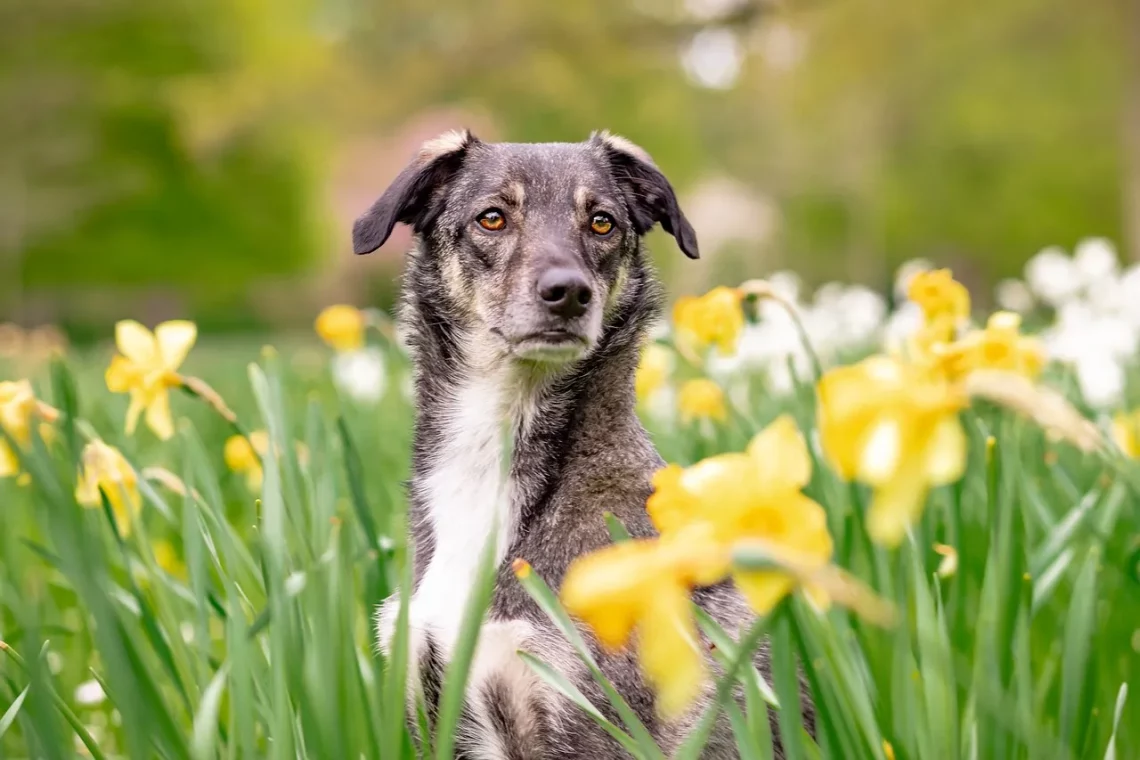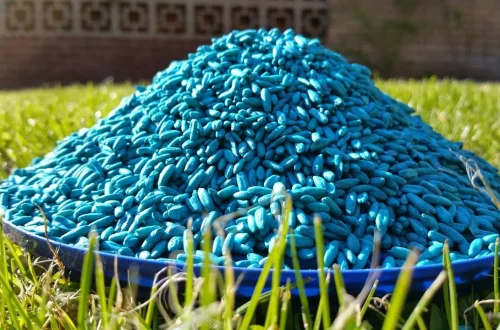
The Top 10 Thin Dog Breeds You Should Consider for Your Home
Choosing the right dog breed for your home is a significant decision that can impact your lifestyle, living space, and family dynamics. Among the vast array of dog breeds available, thin dog breeds offer unique advantages, including lower grooming needs, reduced exercise requirements, and often a more manageable size for urban living. These breeds are often characterized by their slender physiques, which can make them more agile and adaptable to various environments.
Thin dogs can be a great fit for families, singles, and seniors alike, as they often require less space and can be easier to handle than larger breeds. Moreover, many of these breeds are known for their affectionate nature and strong bonds with their owners, making them excellent companions. However, it’s essential to consider individual breed traits, health considerations, and lifestyle compatibility when selecting a thin dog.
This guide will delve into some of the most popular thin dog breeds that you may want to consider for your home. Each breed has its unique characteristics, temperament, and care requirements, allowing you to find the perfect match for your living situation and activity level.
Greyhound: The Elegant Athlete
The Greyhound is one of the most recognizable thin dog breeds, renowned for its speed and grace. Originally bred for hunting and racing, these dogs have a sleek, aerodynamic body that allows them to reach impressive speeds. Despite their athletic background, Greyhounds are surprisingly gentle and calm, making them a great choice for families and individuals alike.
One of the most appealing aspects of Greyhounds is their temperament. They are known for being affectionate and friendly, often forming strong bonds with their owners. Greyhounds are generally good with children and can adapt well to living in smaller spaces, provided they get adequate exercise. While they do enjoy running and playing, they are also content to lounge around the house, making them ideal for both active and more laid-back households.
It’s important to note that, despite their slender appearance, Greyhounds require a balanced diet to maintain their health. Regular vet check-ups are essential, as they are prone to certain health issues such as bloat and hip dysplasia. Overall, Greyhounds are a fantastic choice for anyone looking for a loving, elegant companion.
Whippet: The Miniature Greyhound
The Whippet is often described as a miniature version of the Greyhound, sharing many of the same physical characteristics and personality traits. This breed is known for its remarkable speed and agility, making it a popular choice for dog racing and agility sports. Whippets are incredibly affectionate and have a gentle demeanor, making them great family pets.
One of the standout features of Whippets is their adaptability. They thrive in various living situations, from apartments to larger homes, and they can be quite content with a moderate amount of daily exercise. A few short bursts of running in a secure area, along with regular walks, are usually sufficient to keep a Whippet happy and healthy.
Health-wise, Whippets are generally robust, but like all breeds, they can be prone to certain conditions. Regular veterinary care is important to catch any potential issues early. Their short coat requires minimal grooming, making them a low-maintenance option for busy families. With their sweet nature and playful spirit, Whippets make excellent companions for those seeking a thin dog breed.
Italian Greyhound: The Charming Companion
The Italian Greyhound is a smaller cousin of the Greyhound, known for its elegance and charm. This breed is not only thin but also possesses a unique personality that makes it an ideal companion for many dog lovers. Italian Greyhounds are affectionate, lively, and often form deep emotional connections with their owners.
These dogs are particularly well-suited for apartment living due to their small size and relatively low exercise needs. They enjoy daily walks and playtime but can also be content lounging around the house. Italian Greyhounds are known to be somewhat sensitive, so consistent positive reinforcement training is essential for their development.
Health considerations for Italian Greyhounds include a predisposition to certain genetic conditions, so regular vet visits and a healthy diet are crucial. Their short coat requires minimal grooming, though they may need extra warmth during colder months due to their low body fat. Overall, the Italian Greyhound is a delightful choice for anyone looking for a slender yet loving companion.
Basenji: The Barkless Wonder
The Basenji is a unique and fascinating breed, often referred to as the “barkless dog” due to its unusual vocalizations. This thin breed is known for its independence, intelligence, and spirited personality. Originally bred for hunting in Central Africa, Basenjis are agile and have a strong prey drive, making them excellent companions for active individuals or families.
One of the most interesting traits of the Basenji is its grooming needs. Their short coat is easy to maintain, requiring minimal brushing. However, they do need regular exercise to keep them physically and mentally stimulated. Daily walks, playtime, and opportunities to run in a secure area are essential for their well-being.
It’s important to note that Basenjis can be quite stubborn, so early training and socialization are critical. They can also be prone to certain health issues, so regular vet check-ups are recommended. With their unique personality and charming presence, Basenjis are a fantastic choice for those looking for a thin dog breed with character.
In conclusion, selecting a thin dog breed can be a rewarding experience, offering numerous benefits for pet owners. Each breed has its unique qualities, making it essential to consider your lifestyle and preferences when making a choice. Remember, while these dogs bring joy and companionship, they also require proper care, training, and love.
*Disclaimer: This article is for informational purposes only and does not constitute medical advice. For any health-related concerns, please consult a qualified veterinarian.*




